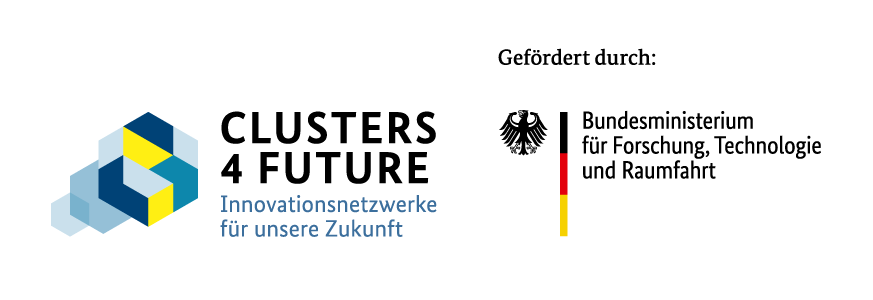The aim of the project was to develop a cooperative optimization approach to reduce delays caused by irregular traffic phenomena. The approach includes:
the assessment of the resilience of transport networks,
the identification of critical and vulnerable network components,
the reduction of regular and irregular delays,
the detection of dynamic bottlenecks and
the reduction of negative effects through adaptive control and dynamic speed recommendations.
We conducted this project to advance integrated mobility services by using novel sensor technologies and route-based traffic control algorithms to track the movements of people in a city. This data will help improve urban transportation, reduce emissions and create a more sustainable future for cities and their residents.
The project focused on advanced sensor technology for comprehensive data collection of human movement in Kirchheim. We install sensors at strategic locations such as light poles and traffic lights to track people's movements over time. By analyzing the data, we gain valuable insights to improve urban planning and traffic management in the area.
A motivated consortium of experienced partners from science, industry and the public sector worked together in an interdisciplinary and transdisciplinary manner on the pressing issues of our time.
Want to shape the future of mobility with us?
Then please get in touch with us.

What is MOSAIQ?
Imagine something: There is more space for people. The streets have more trees and plants. Everyone can get around better. That's how your Schwabing-West district could be in the future. How would you like your district to be? We want to talk to you about it!
The project is called MOSAIQ. MOSAIQ is a research∙project. MOSAIQ means: Mobility and urban climate in the future city∙part. The Technical University of Munich is leading the project.
What is MOSAIQ about?
MOSAIQ wants to make the streets in the city∙part more beautiful. People should feel comfortable there. There should be more space. For meetings and plants, for example. You can help decide what is tried out in the Stadt∙teil. The ideas come from you. Some ideas will be tried out on the streets for a certain period of time.
The aim of MOSAIQ is to make urban districts good places to live.
At the same time, the climate in the city should improve. And people should be able to move around the city easily.
What is happening in the district?